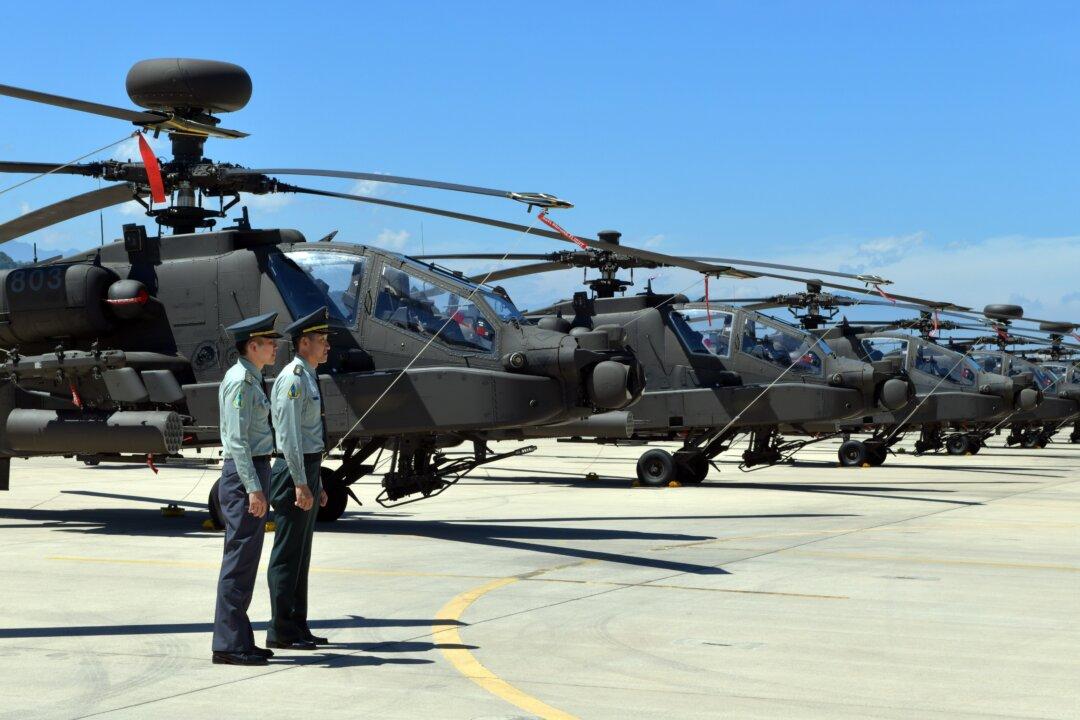Randall Schriver, the Pentagon’s top Asia official, reaffirmed the strong relationship between the United States and Taiwan, while discussing Taiwan’s important role in the United States’ defense strategy in the Asia-Pacific, in a talk given at the Heritage Foundation in Washington on July 18.
Schriver, assistant secretary of defense for Asian and Pacific security affairs, was at a seminar entitled “The Opportunities and Challenges of Cross-Strait Relation,” attended by several American and Taiwanese scholars, as well as Cheng Ming-tong, minister of Taiwan’s Mainland Affairs Council, which is in charge of policies concerning China relations.





